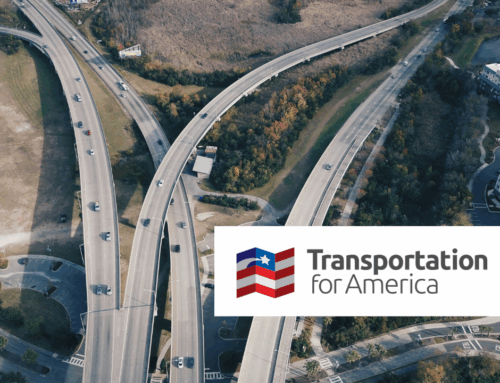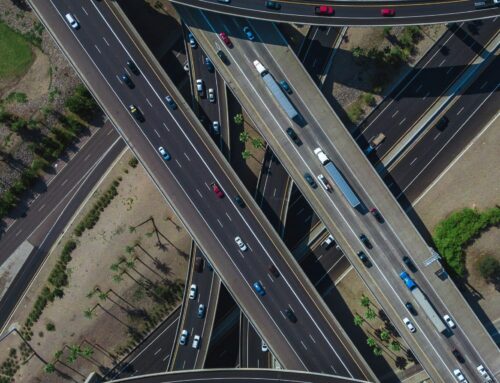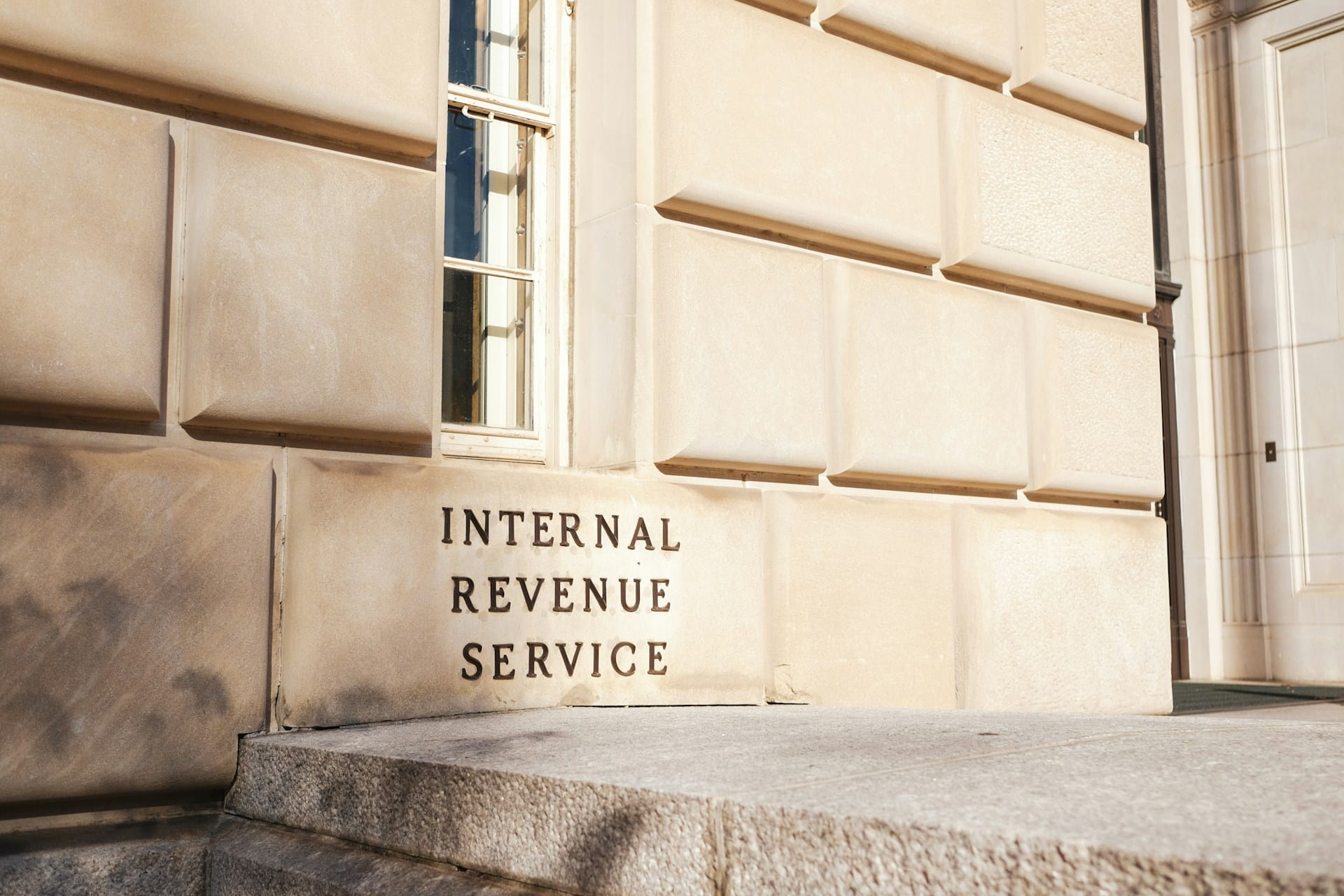Taxpayers for Common Sense Action sent a letter to the Senate Energy and Natural Resources Commitee, explaining why the Stillwater Bridge is a bad deal for taxpayers.
|
July 28, 2011 Dear Energy and Natural Resources Committee Member: Taxpayers for Common Sense urges you to oppose S. 1134 (“St. Croix River Crossing Project Authorization Act”) when it comes before the Energy and Natural Resources Committee for your consideration. This bill would grant the proposed bridge between Minnesota and Wisconsin over the St. Croix River an exemption from the Wild and Scenic Rivers Act. This exemption is only necessary because the current proposal is far too large in scope and far too expensive for the nation’s taxpayers. A bridge in this location is warranted to replace an outdated lift bridge, but the project as proposed should be rejected. The current fight over spending cuts and the debt ceiling indicates the immense budget challenges our nation faces, including a trillion-dollar-plus deficit and more than $14 trillion debt. The state of our transportation program is little better, as the highway trust fund collects inadequate funds to meet the nation’s transportation challenges. As a result, doing more with less is essential, and the same holds true for the proposed St. Croix River crossing. We are deeply concerned about the scale and cost of this project for a number of reasons:
There is little question that a new bridge is required at this location to replace the outdated lift bridge that currently carries traffic over the St. Croix. There is an alternative bridge proposal on the table that could serve the region’s transportation needs but cost taxpayers hundreds of millions of dollars less. This plan would utilize a three-lane bridge with one reversible lane to handle peak travel. Though this bridge would be the same length as the currently proposed bridge, it would be half as wide and would be set 100 feet closer to the river’s surface, dramatically reducing its impact on this designated “Wild and Scenic River,” while adequately accommodating boat traffic on the river itself. All of this could be done at an estimated cost of $260 million, a savings to taxpayers of at least $400 million. At the very least, it is worth taking a hard look at this proposed alternative to determine whether it can accommodate the region’s transportation needs at a far lower cost to taxpayers and without an exemption from the Wild and Scenic Rivers Act. We understand that there is an urgency to move forward with a new bridge, but accepting a project that is too big and too expensive for the sake of speeding project delivery would be irresponsible at any time, and even more so while we are doing everything possible to find our way out of a budgetary mess. If you would like additional information, please contact Erich Zimmermann in my office at (202) 546-8500 x132. Sincerely,
Ryan Alexander |











